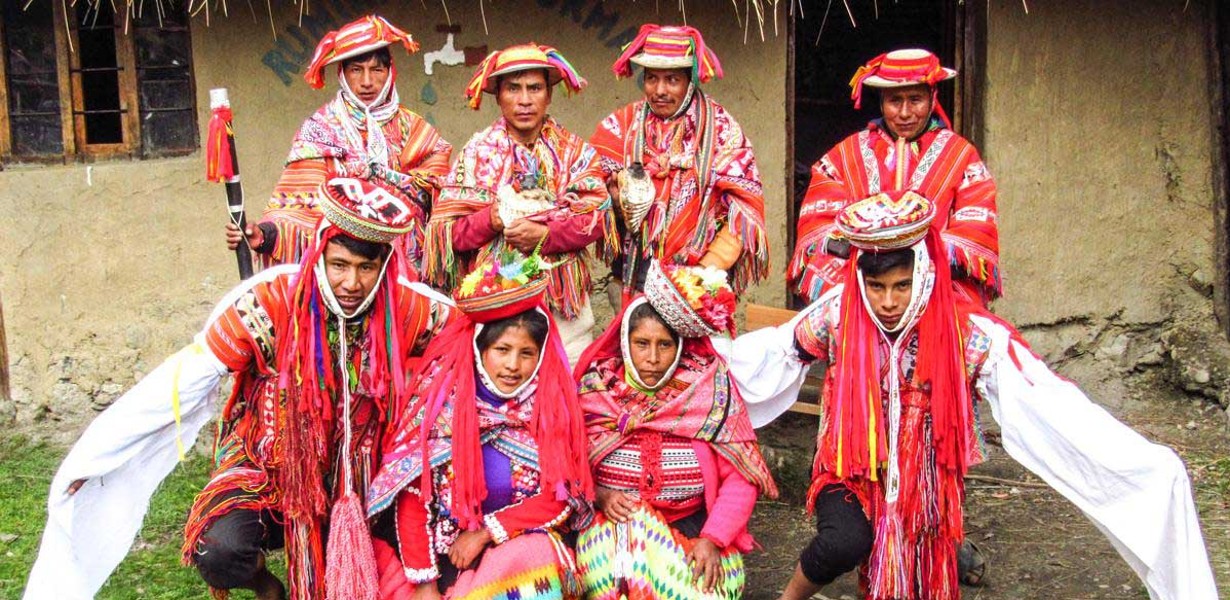
Cultural Immersion: A Profound Journey into Authentic Experiences
- Post
- August 22, 2023
- Cultural Immersion, Solo Travel Tips, Travel Tips
- 0 Comments
Imagine strolling through bustling local markets in Marrakech, savoring the aroma of exotic spices and vibrant textiles that tell stories of a land steeped in history. Or perhaps you find yourself in Kyoto, surrounded by the serenity of ancient temples and the graceful art of the tea ceremony. These are glimpses of what cultural immersion offers—a chance to become part of a culture, rather than merely an observer.
The Essence of Cultural Immersion
Cultural immersion is not merely a vacation; it’s an endeavor to truly connect with a foreign environment. It’s about leaving behind the familiar and stepping into the unknown, embracing the differences, and learning from them. It goes beyond the touristy spots, inviting you to interact with locals, partake in their traditions, and understand their worldviews.
Why Cultural Immersion Matters
In an increasingly interconnected world, cultural immersion is a bridge that fosters understanding and empathy between people of different backgrounds. It dispels stereotypes and misconceptions, nurturing an environment of tolerance and appreciation. By immersing ourselves in different cultures, we gain insights that challenge our preconceived notions and broaden our perspectives.
The Power of Personal Growth
Cultural immersion is a catalyst for personal growth. It pushes us beyond our comfort zones, encouraging adaptability, resilience, and open-mindedness. Overcoming language barriers, navigating unfamiliar customs, and building relationships with locals build confidence and expand our horizons. These experiences cultivate qualities that serve us well beyond the trip itself.
Cultural Immersion vs. Cultural Tourism
While cultural tourism involves surface-level engagement, cultural immersion delves deeper. It encourages authentic interactions, seeking to understand the “why” behind practices and traditions. Rather than collecting snapshots, cultural immersion enables us to forge meaningful connections and memories.
The Cultural Immersion Experience
Embracing Local Cuisine: Sharing meals with locals is a gateway to their culture. From savoring street food in Bangkok to indulging in a Tuscan feast, culinary experiences offer a sensory journey into traditions and flavors.
Festivals and Celebrations: Participating in local festivities offers insights into a community’s values and history. Be it Diwali in India or Carnival in Brazil, these celebrations reveal the heart and soul of a culture.
Homestays and Local Accommodation: Opting for homestays or locally-run accommodations provides an authentic insight into daily life. It’s a chance to live as the locals do, immersing yourself in their routines and traditions.
Traditional Arts and Crafts: Engaging with traditional art forms, be it Thai silk weaving or Japanese pottery, allows you to appreciate the craftsmanship that has been passed down through generations.
Challenges and Rewards
Cultural immersion is not without its challenges. Language barriers, cultural norms, and unfamiliar surroundings can be intimidating. However, these challenges are often the gateway to the most rewarding experiences. Overcoming them fosters a sense of accomplishment and a deeper connection to the culture.
Final Words
Cultural immersion is a journey of discovery, self-growth, and interconnectedness. It’s an opportunity to transcend boundaries, foster respect, and enrich our lives through authentic experiences. So, the next time you embark on a journey, consider not just visiting a place, but immersing yourself in its culture for a truly transformative experience.
Commonly Asked Questions
Q1: Is cultural immersion only for adventurous travelers?
A1. Cultural immersion is for anyone seeking a meaningful travel experience. While an adventurous spirit can enhance the journey, cultural immersion is about curiosity and openness, not extreme daring.
Q2: How can I prepare for a cultural immersion trip?
A2. Research the destination’s customs, history, and social norms. Learn a few local phrases to facilitate interactions and pack respectful attire.
Q3: What if I inadvertently offend someone during immersion?
A3. Mistakes happen, especially when navigating unfamiliar cultures. Apologize sincerely, learn from the experience, and remember that your intent to understand is often appreciated.
Q4: Are guided cultural tours a form of immersion?
A4. Guided tours can offer insights, but they may lack the depth of personal interactions that define cultural immersion. Strive for experiences that involve direct engagement with locals.
Q5: Can cultural immersion be experienced closer to home?
A5. Absolutely. Cultural immersion isn’t limited to international travel. Exploring different neighborhoods, attending cultural events, and engaging with diverse communities in your own region can also offer immersive experiences.






